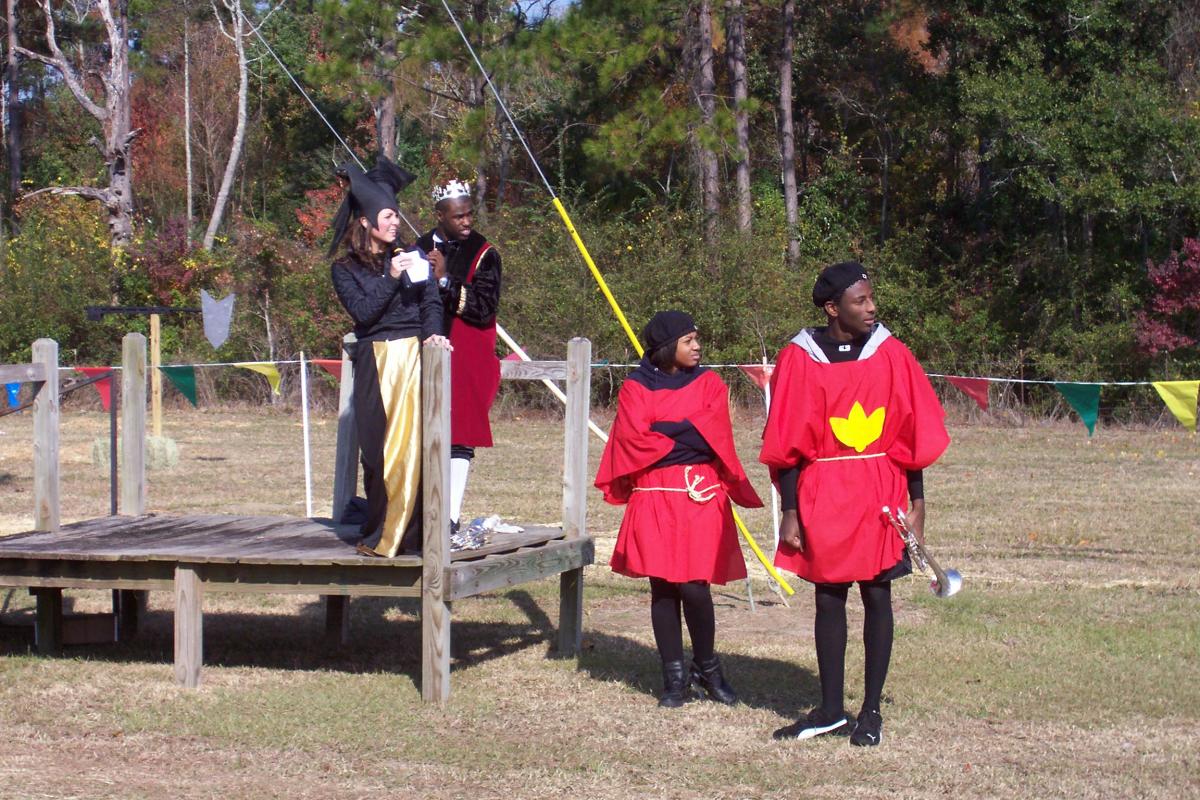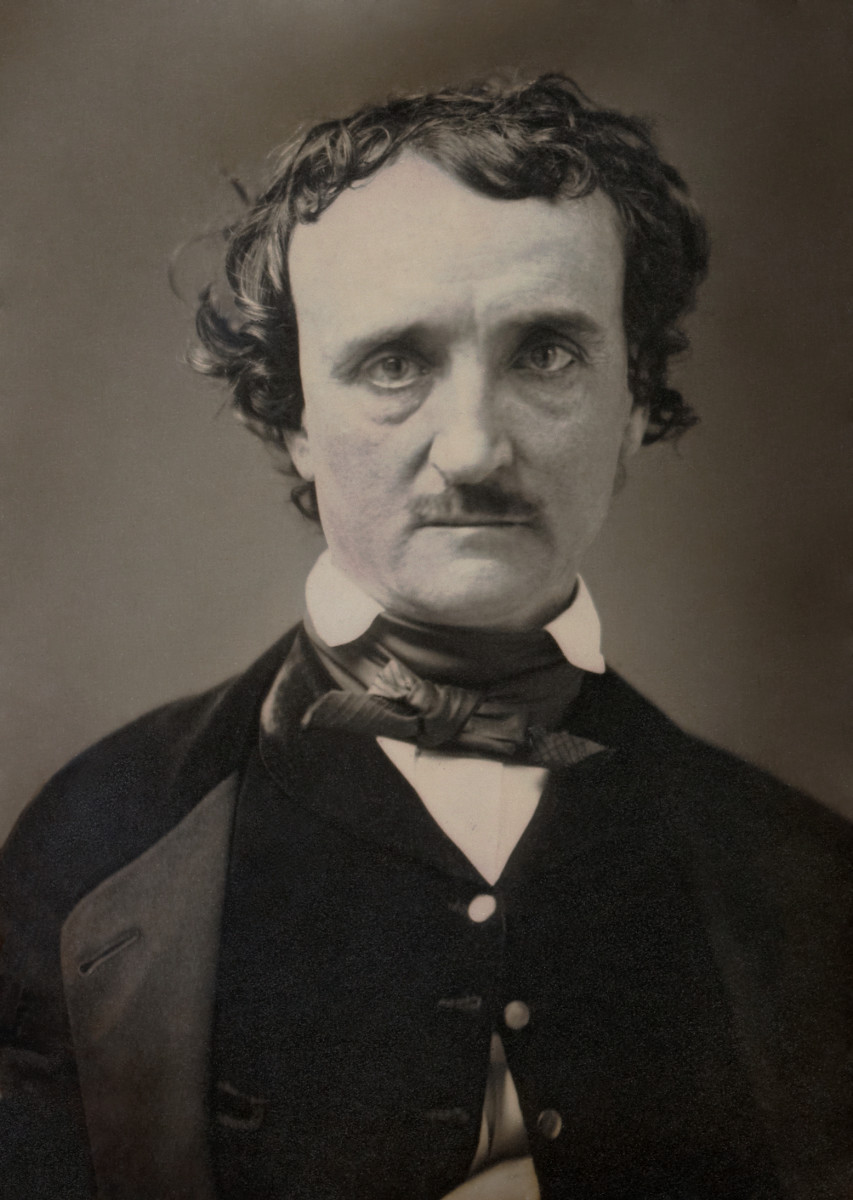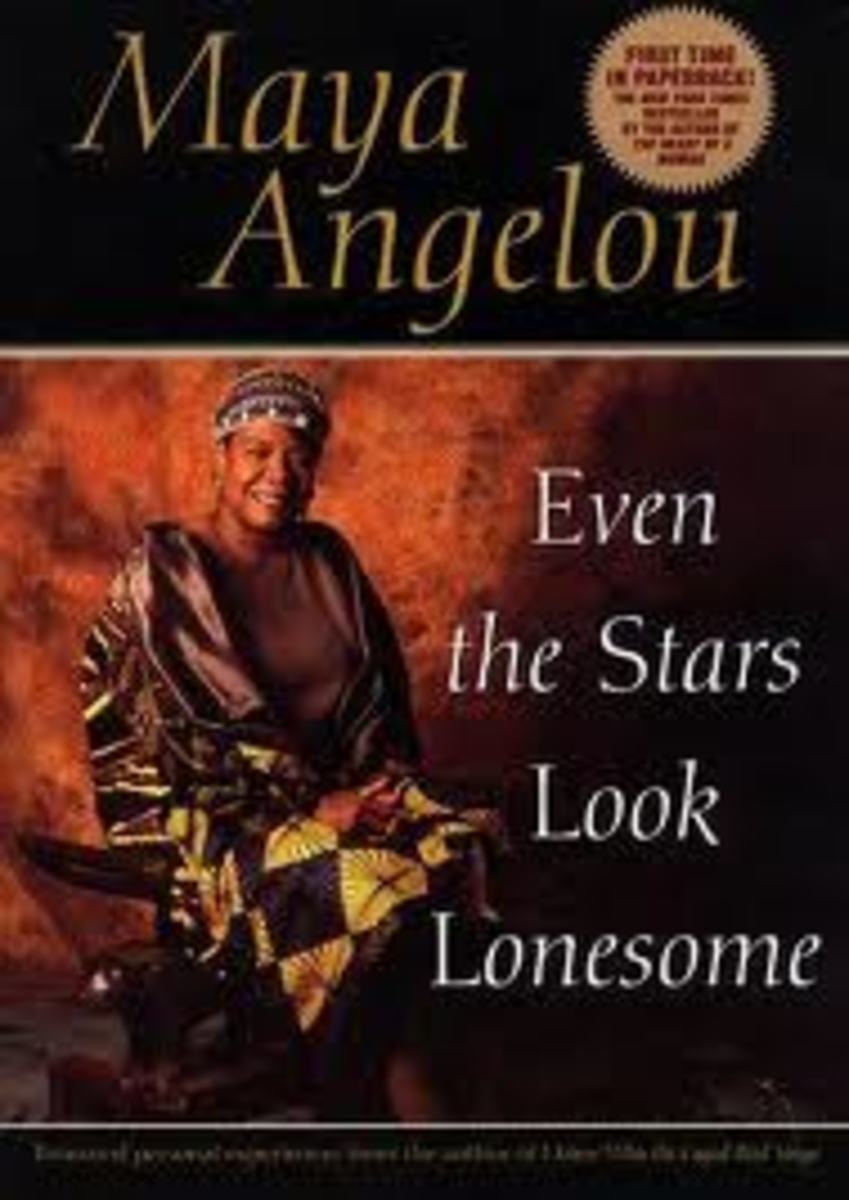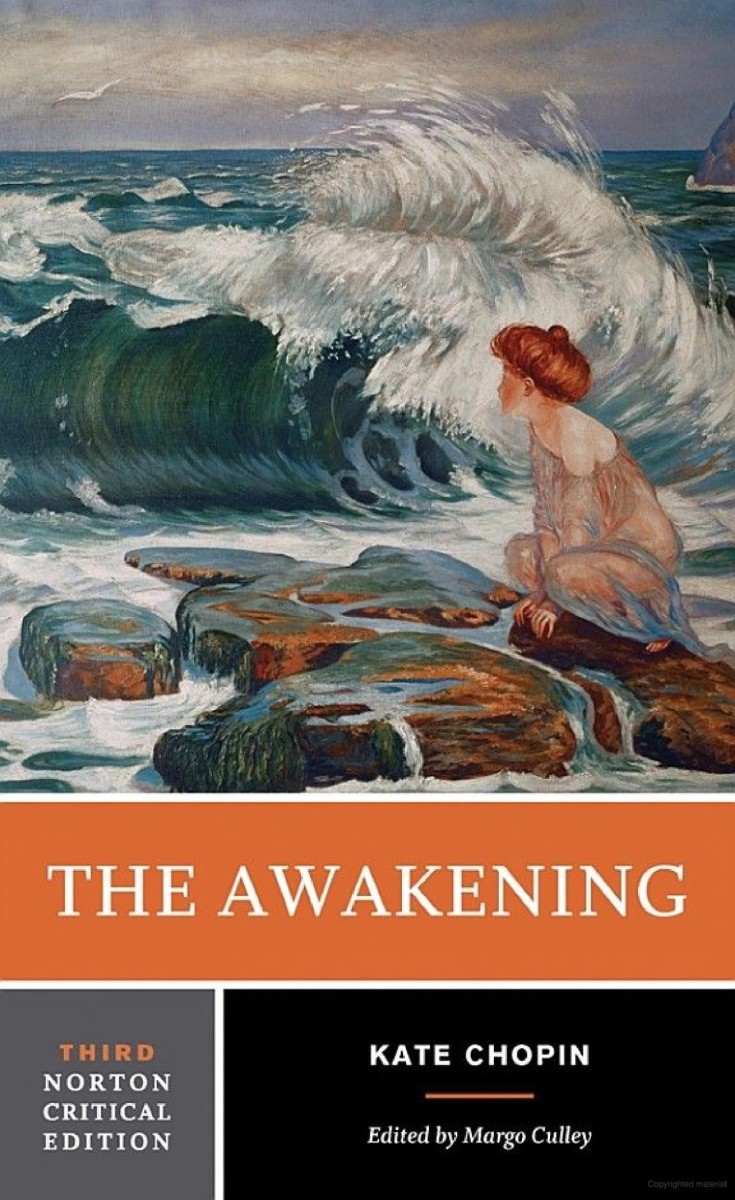How Disparities Become Similarities in Alice Childress’ "Trouble in Mind"
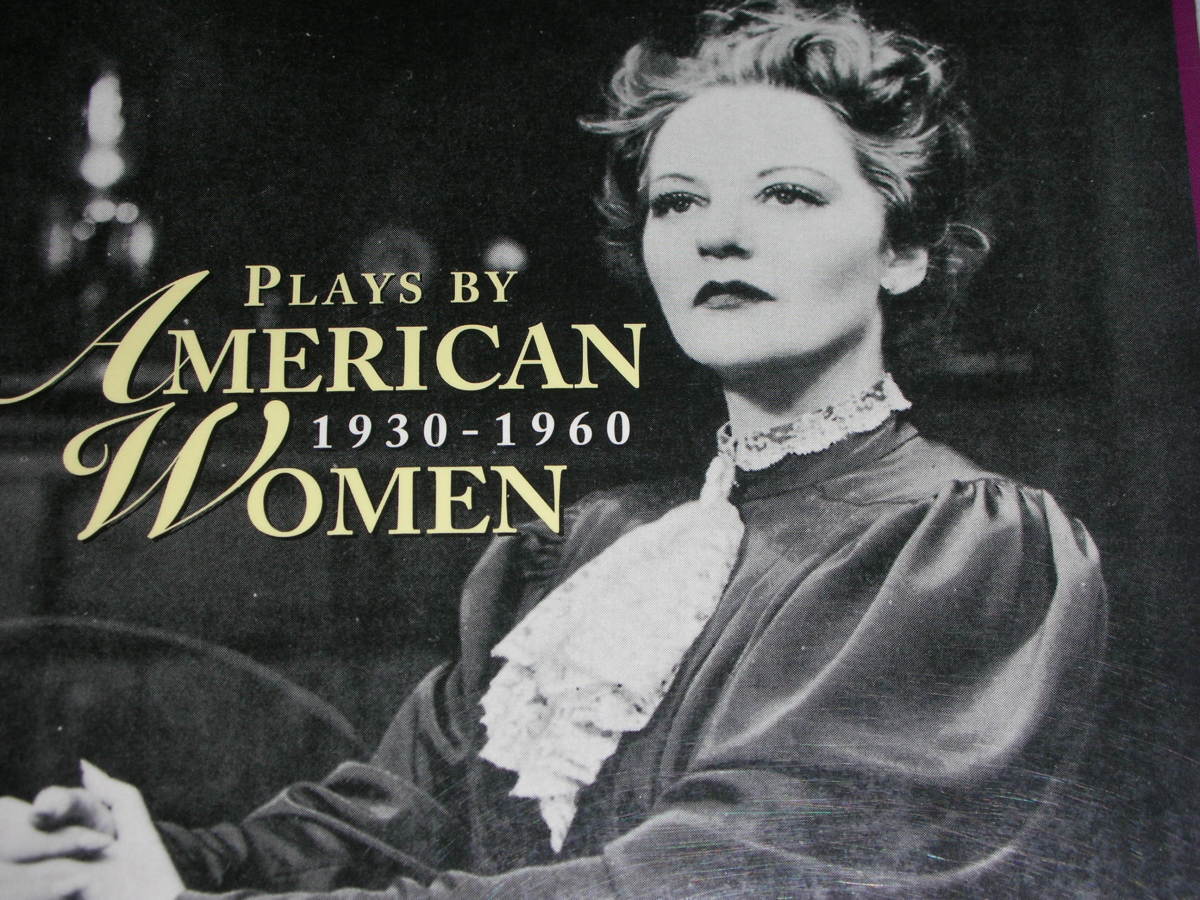
Alice Childress’ play, Trouble in Mind, highlights many problems that Americans faced, especially African Americans. It also attempts to answer the age-old questions, “What does it mean to be human?” and “What does it mean to be American?” This play is certainly ahead of its time. Characters in the play that tend to have the least in common in terms of race and/or gender seem to share similar ideas: John/Judy (education is needed for change), Wiletta/Henry (look to past for inspiration), and Sheldon/Bill (need for opportunities). These strained relationships help the characters find a common ground of failed and unrealized dreams.
Judy and John
Judy and John form a bond because they believe education is the key to traversing racial barriers. For Judy, education is two-fold. As a female, education is important because it shows that women have intelligence (Childress 494). If women can change the minds of White patriarchy then Blacks can too. Judy grew up with empowerment for change as her mother always said, “‘Never have limitations on your horizon, reach for infinity!’” (Childress 504). Judy also feels that everyone has a right to an equal education and not separate either. John takes a page from Judy’s educational book as he expects to be somebody. He plans to go “right to the top” of performance theatre (Childress 478). John’s position becomes complicated as he receives several types of education. Wiletta teaches him how to survive in the real world, Manners teaches him how to get to the top through imitation, and John is further schooled as he obtains experience as he acts out Job. John believes education brings Blacks closer to mainstream society because knowledge makes them different from slaves:
JOHN:Look, think of the intellectual level here…they’re under-privileged, uneducated…
WILETTA:Look out, you ain’t so smart.
JOHN:They’ve probably never seen a movie or television…never used a telephone. They…they’re not like us.They’re good, kind, folksy people…but they’re ignorant, they just don’t know. (Childress 525-6).
Wiletta realizes that the cast of Blacks are just like the Chaos in Belleville slaves.John’s education makes him no better than Millie, Sheldon, or Wiletta because he is still ignorant.“American means white, and Africanist people struggle to make the term applicable to themselves,” says Morrison (47).For John, education leads to being American.As Childress states: “They [whites] are always acting like they know something we don’t. Want to keep us in school. […] Keeps us struggling instead of doing” (Evans 202).But Manners likes his Black actors to have natural talent (Childress 487).Nevertheless education opens up dialogue to address racial conflicts.
Wiletta and Henry
Wiletta and Henry look to the past and predecessors for inspiration as an escape from reality. They share an otherness that Ronald Takaki claims is often rooted in class (61). A bond is created between Wiletta and Henry because they are of a lower class. Both Henry and Wiletta understand that much change has come from literally fighting for change but so has a lot of bloodshed:
WILETTA: I don’t like to think…makes me fightin’ mad.
HENRY: Don’t I know it? When [Manners] yelled about jelly doughnuts, I stared to land one on him! Oh, I almost did it!
WILETTA: I know it!
HENRY: But…”Hold your temper!” I says. I have a most ferocious temper.
WILETTA: Me too. I take and take, then watch out!
HENRY: Have to hold my temper, I don’t want to kill the man.
WILETTA: Yeah, make you feel like fightin’.
HENRY: Sure I’m a fighter and I come from a fightin’ people. (Childress 509-10)
Wiletta tries to reverse stereotypes of Black women as carefree, sensual, and immoral. She instead uses anger and conviction to go on a quest for self-determination, self-identity, and self-empowerment (Jennings x). And Henry attempts to show that the Irish are more than potato eating drunks. Both demand what Jennings calls self-recognition (6), for others to see that they are individuals that can think and do more than take orders. And even though they have violent tendencies, “protest is voiced, but violence as a solution is dismissed” (Brown 8). The thought of what Henry and Wiletta could do is a balm to dress the sores of their wounded souls.
Sheldon and Bill
Sheldon and Bill O'Wray realize there needs to be room for new opportunities. Sheldon is always hopeful that change will come as well as opportunities of upward mobility. When Sheldon hears Eddie talking about an empty apartment in his building, Sheldon asks, “They got any colored livin’ in that building?” (Childress 503). Sheldon knows he can afford the rent, but race is still an issue. Eddie is uncertain of the status of the building and Sheldon realizes there probably is no room for him or the likes of him. Sheldon thinks he has another opportunity at advancement when Manners, Bill, and Eddie learn that Sheldon can write and sing songs (516). The issue is soon dropped when Sheldon realizes the White men are ready to capitalize on his song, so he protects his investment by saying he has the song copyrighted (517). Sheldon’s predicament in life becomes clear in the following dialogue:
SHELDON: I almost it the number yesterday.
MILLIE: I’m glad you didn’t. […]
SHELDON: I almost got an apartment.
MANNERS: Limited emotional capacity.
MILLIE: Almost don’t mean a thing.
MANNERS: Well, it’s coming. Sheldon, I like what’s happening. (Childress 523)
While in the middle of rehearsing, the lines for dialogue get crossed. Sheldon is part of the walking wounded (Brown-Guillory, Black Women and Playwrights 231). He sees opportunities before him, but they are not for him. Millie is not indifferent about Sheldon’s small victories; she realizes that there are dangers to things that seem like progress. Manners, while seemingly commenting on the play, voices thoughts of White society about Blacks always singing the should’ve-could’ve-would’ve blues and sounding mundane. Even though Manners is not pegged as a racist yet, he seems to subconsciously like Sheldon’s plight. As for Bill O'Wray, he tries to think positive but still has doubts. When Sheldon tells Wiletta she has “talked [herself] out of a job,” Bill provides hope by saying “Shel, you don’t know that” (538). Even though Bill is not keen on being in public with Black people, he still attempts eating with the cast at times hoping times will change (529).
Facts About Alice Childress
- Born on October 12, 1916 in Charleston, South Carolina
- Grew up grew up in Harlem.
- Died in 1994.
In Sum
A quick examination of these characters speaks volumes about race relations in Trouble in Mind. Because these issues are so engrained in American society, Childress has these problems show up in the meta-play Chaos in Belleville.
Works Cited
Brown, Elizabeth. “Six Female Black Playwrights: Images of Blacks in Plays by Lorraine
Hansberry, Alice Childress, Sonia Sanchez, Barbara Molette, Martie Charles, and Ntozake Shange.” DAI 41.7 (1981): 3104-A. Print.
Brown-Guillory, Elizabeth.“Black Women Playwrights: Exorcising Myths.”Phylon. 48.3 (3rd Qtr., 1987): 229-239. Jstor. Web. 29 July 2005.
Childress, Alice. “Trouble in Mind.” Plays by American Women 1930-1960. Ed. Judith E. Barlowe. New York: Applause Theatre Book Publishers, 1994: 469-542. Print.
Evans, Don. “Alice: Conversations with Alice Childress.” Obsidian III: Literature in the African Diaspora. 1.1 (Spring-Summer 1999): 197-204. Print.
Jennings, La Vinia Delois. Alice Childress. New York: Twayne Pub., 1995. Print.
Morrison, Toni. Playing in the Dark. Vintage Books: New York, 1992. Print.
Takaki, Ronald. A Different Mirror: A History of Multicultural America. Boston: Little, Brown and Co., 1993. Print.
© 2012 Stephanie Bradberry




